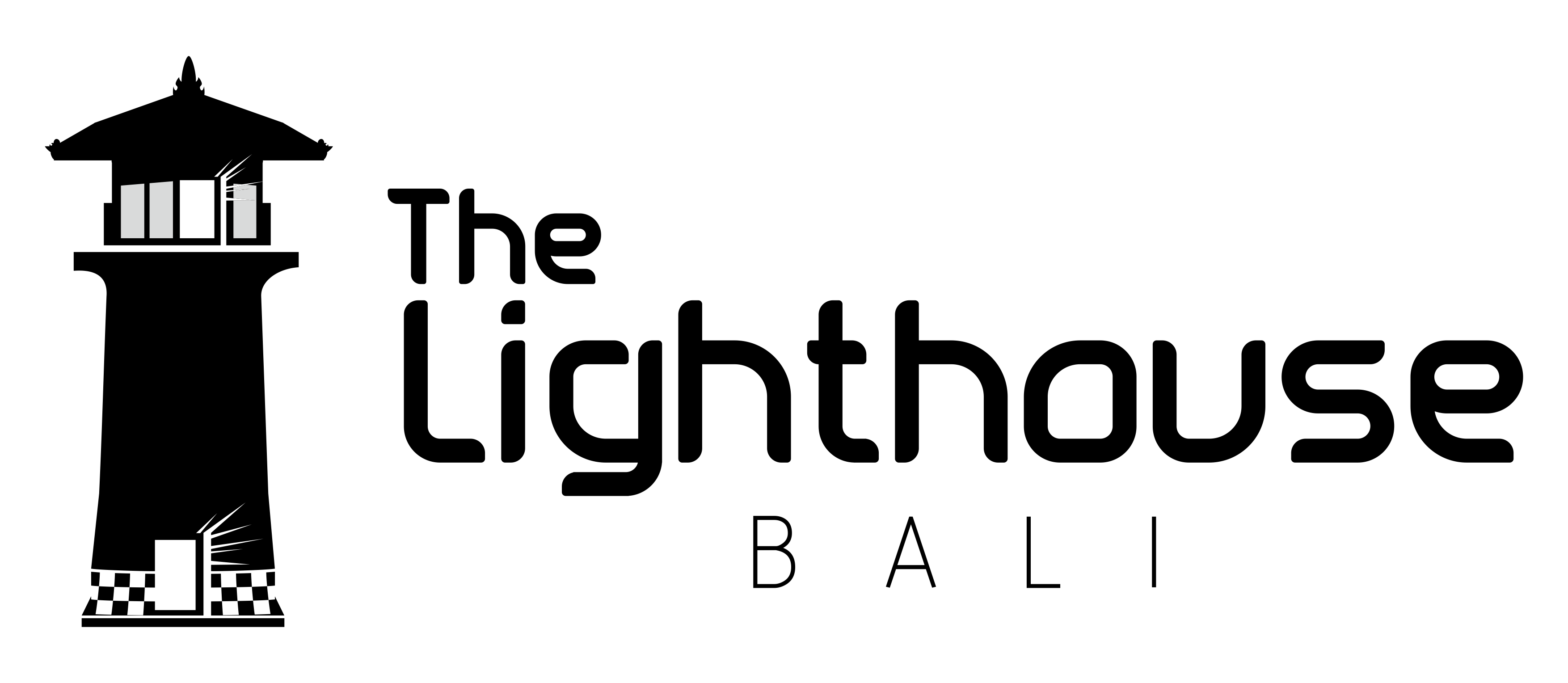Getting Help While On Lockdown: Online Therapy And Counselling

The beginning of lockdown offered us time to recoup, relax, and somewhat respect some much needed time off from our busy lives and busy schedules, and we found solace in the safety of our homes. With Covid-19 showing no sign of easing off the gas any time soon, this sense of isolation has become somewhat of an imprisonment with more people struggling to cope with the emotional strains of the unknown.
Coping With Cravings On Lockdown

While on lockdown, cravings might appear to be much stronger and / or more frequent than you might have experienced previously (or you might only be experiencing them for the first time now). This is to be expected! Most of us have some element of additional stress in our lives at this time, combined with less activities, or less variety of activities, to keep us physically and mentally stimulated due to the confines of lockdown.
Home Detox vs. Rehab Detox During COVID-19

Deciding whether to attempt to detox at home or attend rehab is often a difficult decision to make. Depending on individual personal circumstances, you may find positives and negatives relating to either approach to getting clean and sober. In this Blog we look at the benefits and drawbacks of both methods and how these may have changed in light of the coronavirus pandemic.
Self-Isolating, Isolating and Coronavirus

Most addicts and alcoholics are all too familiar with isolating and its pitfalls. For some addicts, isolating characterized their drinking and using from the very beginning. For others, isolating came later as a result of damaged relationships. Isolating is not just a by-product of addiction, it can also be a trigger and that’s why most programs of recovery promote connections and fellowship. Ask anyone who has relapsed what happened prior to them picking up again, and usually they will have stopped going to meetings and started to isolate some time before re-engaging in their addictions.
Recovery And Covid-19: Tools To Stay Healthy While In Quarantine

Most countries in the world are under some form of quarantine right now. Depending on where you live, the regulations are going to differ. There are three terms that are being commonly used to describe the protocols we are expected to adhere to: self-isolation, quarantine and shelter-in-place.
The LGBTQ+ Community And Recovery

Substance abuse and addiction is a significant problem within the LGBTQ+ (Lesbian, Gay, Bisexual, Transgender, Queer, Intersex, and Asexual) community. People who identify as LGBTQIA are at a greater risk for substance abuse and addiction with up to 30% of the population being affected.
These threatening statistics highlight the importance for more substance use recovery programs that support LGBTQ+ individuals.
Mindfulness And Serenity When The World Is In A Panic

Through mindfulness practice we learn that our feelings are not facts. Mindfulness teaches us to acknowledge and accept our current state of being with a focused sense of awareness. Often, feelings can be an overreaction to the facts.
Take Your Recovery With You: Travel Tips

Includes a few useful recovery tips while traveling to help you have a smooth and sober trip. The most important tip is to always have a plan and a backup up when that plan falls apart! Traveling can often include surprises that can be handled easily when you have a plan!
Addiction and the Brain PT. 2

Our brain is the site for all mind-altering drug interactions. Drugs and alcohol manipulate the biochemistry of the brain and change how the neurons communicate with each other. These changes alter the users’ perceptions, emotions, thoughts and behaviors over time. This chemistry change can have a life long impact but often full recovers after a prolonged period of recovery.
Gratitude: The Cure-All for Wellbeing

Around the clock peace of mind seems like an impossible task. The Idealism of lofty gurus and monks is that they have devoted their lives to meditation and spiritual matters, shuttered in monasteries and temples high on distant mountain tops. Lots of ways exist to bring a sense of ease and comfort in our lives. We don’t all have to put on robes and sit for hours on end. A powerful tool that can be adopted and applied by everyone is simple: Gratitude.
